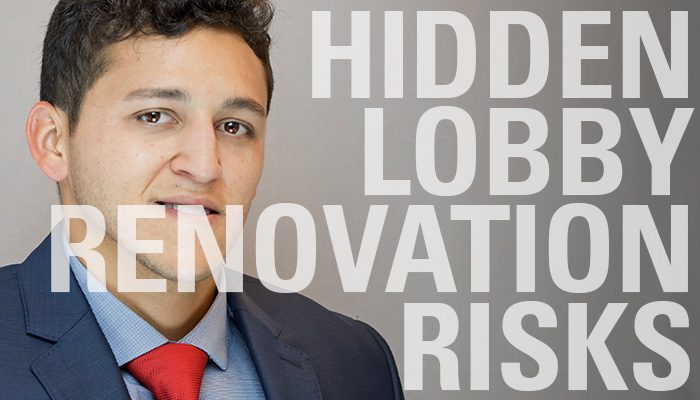As building owners, operators, and developers adapt to a hybrid work model, creating a welcoming office space is more important than ever. In an article for Propmodo’s Perspectives series, ESD now Stantec Senior Acoustics Project Manager Scott Hamilton shares his views on the evolution of the open office and why acoustics play such a critical role to the health, comfort, and productivity of returning workers. (Learn more about open office design.)
City Council approves new building code regulations making Chicago one of the first major cities in the U.S. to exceed the 2021 edition of the International Energy Conservation Code (IECC).
Known as the 2022 Chicago Energy Transformation Code, the measure replaces the 2019 Chicago Energy Conservation Code, continuing the city’s 20-year plan to address climate change. ESD Practice Leader for Commissioning and Energy+Eco Saagar Patel says the new code aligns requirements for energy-efficient construction and renovation with the latest guidelines in the IECC.
Patel says, “This action will help Chicago move toward cleaner energy sources and healthier and safer building environments.”
According to Patel, Chicago’s new energy code exceeds the 2021 IECC baseline and advances the city’s decarbonization commitments in several important ways by requiring:
- Placement of windows in new buildings to minimize energy demands due to seasonal solar heat gain
- New low-rise commercial buildings, such as warehouses, to be designed so roofs can support the future installation of solar panels
- New residences with gas-fired appliances to be built with the electrical capacity and wiring necessary to switch to electric appliances in the future without opening walls or upgrading the electrical service
- Improved insulation to reduce heat loss through the exterior walls of buildings with projecting balconies or parapets
The new regulations also incentivize the use of smart heating, cooling, and hot water equipment that is integrated with the electric grid to reduce demand during peak usage. It also prohibits the installation of new decorative gas lighting.
The new code follows a three-pronged initiative to save energy, prepare for a clean energy transition, and to make it easier to implement solar energy. Most requirements will apply to building permits applied for on or after November 1, 2022, with additional requirements taking effect on January 1, 2023.
Saagar Patel currently serves on the Illinois Energy Code Advisory Council as well as the the Building Decarbonization Working Group for the City of Chicago, demonstrating his commitment to ESD’s mission to improve society through the built environment.
Contact ESD’s experts for more information on how ESD can help with building automation, energy efficiency, and other carbon reduction planning.




